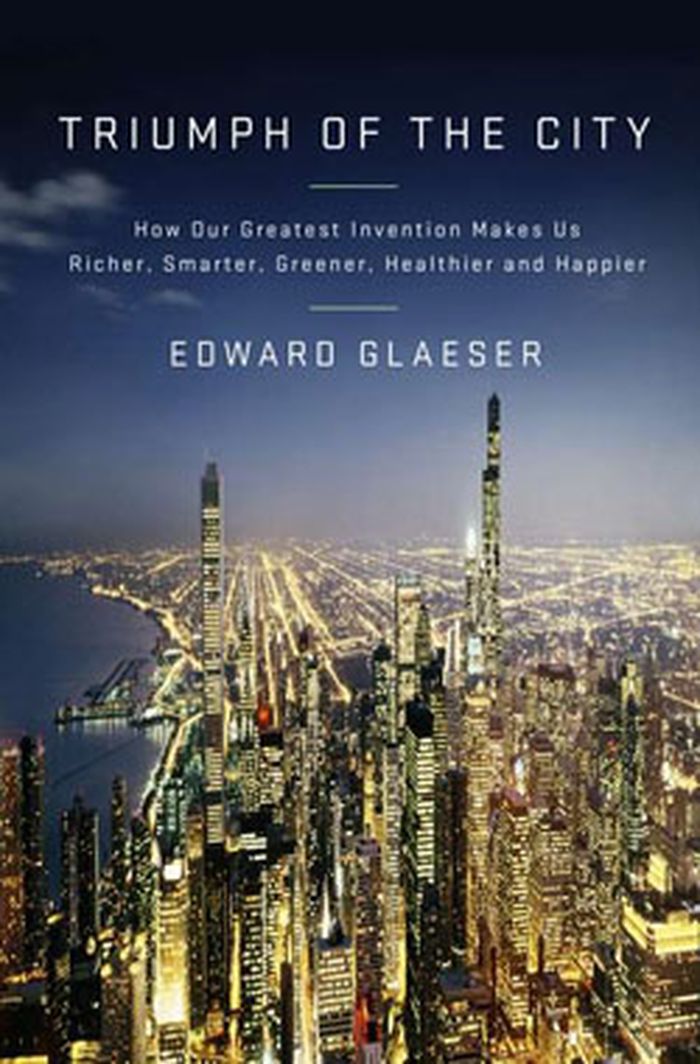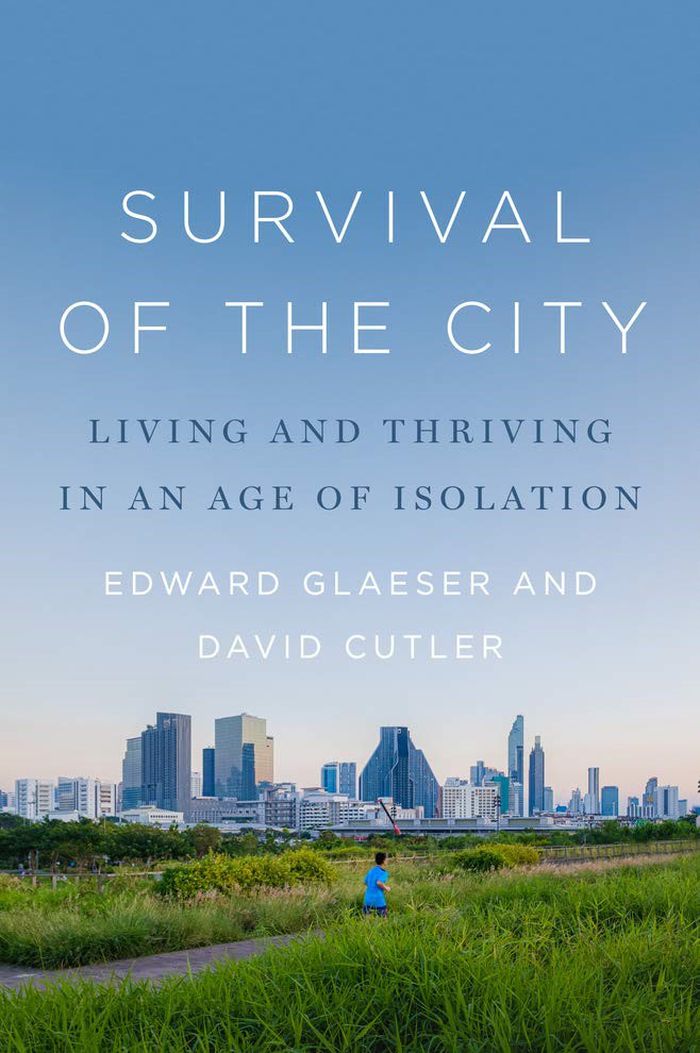$37.50
(available to order)
Summary:
In this book, Edward Glaeser, a pioneering urban economist, suggests that the city is humanity's greatest invention and our best hope for the future. He informs his survey of how cities around the world thrive and wither. Using a range of expository forms, history, biography, economic research, and personal story, he defines what makes a city successful.
Triumph of the city: how our greatest invention makes us richer, amarter, greener, healthier, and happier
Actions:
Price:
$37.50
(available to order)
Summary:
In this book, Edward Glaeser, a pioneering urban economist, suggests that the city is humanity's greatest invention and our best hope for the future. He informs his survey of how cities around the world thrive and wither. Using a range of expository forms, history, biography, economic research, and personal story, he defines what makes a city successful.
Urban Theory
$40.00
(available to order)
Summary:
Cities can make us sick. They always have—diseases spread more easily when more people are close to one another. And disease is hardly the only ill that accompanies urban density. Cities have been demonized as breeding grounds for vice and crime from Sodom and Gomorrah on. But cities have flourished nonetheless because they are humanity’s greatest invention, indispensable(...)
Survival of the city: Living and thriving in an age of isolation
Actions:
Price:
$40.00
(available to order)
Summary:
Cities can make us sick. They always have—diseases spread more easily when more people are close to one another. And disease is hardly the only ill that accompanies urban density. Cities have been demonized as breeding grounds for vice and crime from Sodom and Gomorrah on. But cities have flourished nonetheless because they are humanity’s greatest invention, indispensable engines for creativity, innovation, wealth, and connection, the loom on which the fabric of civilization is woven. But cities now stand at a crossroads. During the global COVID crisis, cities grew silent as people worked from home—if they could work at all. The normal forms of socializing ground to a halt. How permanent are these changes? Advances in digital technology mean that many people can opt out of city life as never before. Will they? Are we on the brink of a post-urban world? City life will survive but individual cities face terrible risks, argue Edward Glaeser and David Cutler, and a wave of urban failure would be absolutely disastrous. In terms of intimacy and inspiration, nothing can replace what cities offer. Great cities have always demanded great management, and our current crisis has exposed fearful gaps in our capacity for good governance. It is possible to drive a city into the ground, pandemic or not. Glaeser and Cutler examine the evolution that is already happening, and describe the possible futures that lie before us.
Urban Theory

